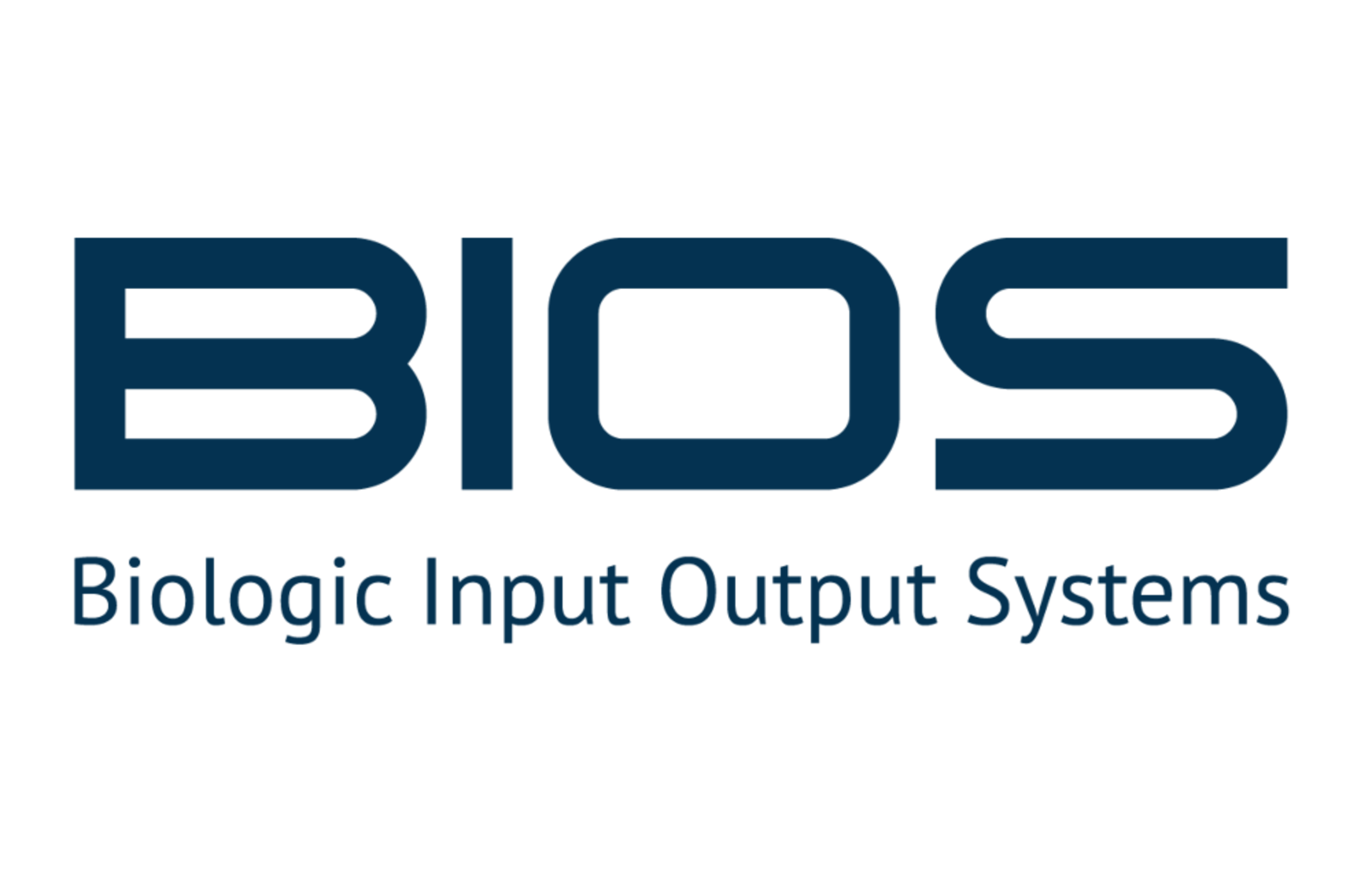Prosthetic devices are often abandoned by 80 percent of users due to poor integration and functionality. This alarming statistic highlights a critical need for more intuitive and effective solutions. Biologic Input Output Systems (BIOS) is a groundbreaking startup revolutionizing the prosthetics industry with advanced neuro-interface technology.
The Utah Innovation Fund was created to support companies that are solving meaningful problems, and BIOS is certainly doing so. We invested $350,000 in BIOS’s seed round to support the development of a platform that transforms how prosthetic devices interact with the human nervous system.
BIOS — founded in 2021 by experienced entrepreneurs Josh Miller, Tim Miller, Jacob George, and Wendy Huang — addresses this issue with a novel approach. The company aims to bridge the gap between the human nervous system and prosthetic technologies. By leveraging cutting-edge research in neurorobotics, BIOS is developing a technological interface that intercepts peripheral nervous system (PNS) signals and interprets them into natural prosthesis movement and touch perception. This interface connects to the PNS via an electrode array and facilitates bidirectional signal transmission through a percutaneous wire, providing users with a seamless and immersive sensory experience.This allows those who use prosthetics to receive sensory input from their limbs and receive real-time responses from their prosthetic. The company’s solution addresses barriers to access by reducing costs and invasive procedures associated with traditional prosthetics, making advanced prosthetic technology more accessible to a broader population.
BIOS aims to significantly reduce the high abandonment rates of prosthetic devices. This innovation enhances user experience and improves the overall quality of life for individuals with limb loss.
“This technology will revolutionize the human augmentation market, and that’s something we want to be part of,” says Utah Innovation Fund Managing Director Gabi Tellez. BIOS’s strategic B2B partnerships with prosthetic manufacturers further ensure that their revolutionary technology reaches those in need, addressing a global market of 30 million people.

